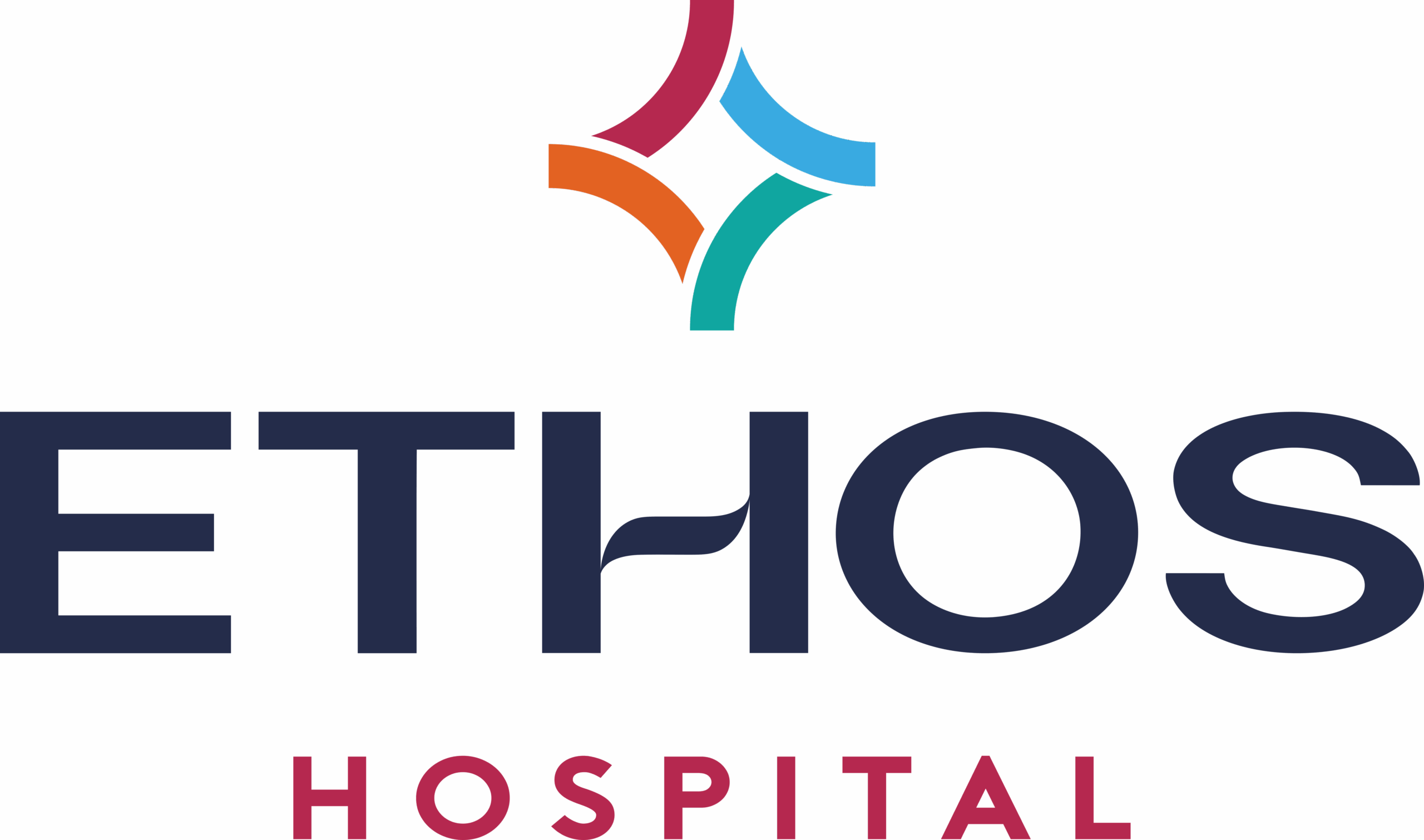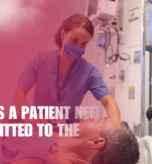WHY SYMPTOMS ARE DIFFERENT AND WHAT EVERY WOMAN NEEDS TO KNOW
Heart disease is the leading cause of death among women globally, yet it continues to be under-recognised and underdiagnosed—largely because heart attacks in women often don’t follow the “classic” pattern. The symptoms can be subtle, unusual, or mistaken for less serious conditions. As a result, many women delay seeking help, increasing the risk of complications and even death. Understanding how heart attacks manifest differently in women is not just important—it’s lifesaving.

HOW HEART ATTACK SYMPTOMS DIFFER IN WOMEN
In men, heart attacks typically present as intense chest pain or pressure, often radiating to the arm or jaw. This dramatic symptom is widely recognized and quickly acted upon. But women may or may not experience chest pain. Instead, they’re more likely to report:
- Unusual fatigue (even after rest)
- Shortness of breath
- Nausea or vomiting
- Light-headedness or dizziness
- Pain in the back, neck, jaw, or upper stomach
- A sense of anxiety or impending doom
These symptoms can occur suddenly or come on gradually. They may happen during rest or sleep—not just during physical exertion—and can be mistaken for acid reflux, the flu, or even stress. The wide variation in presentation makes it easier to ignore or misinterpret the warning signs.

THE CHALLENGE OF ATYPICAL CHEST PAIN
When chest pain does occur in women, it’s often described differently—more like a tightness, pressure, or squeezing rather than the sharp, crushing pain typically seen in men. Some women experience no chest pain at all. Instead, discomfort may be felt in the shoulders, upper back, neck, or jaw. This diffuse and less localized pain can lead to further delays in recognizing the seriousness of the situation.

WHY THESE DIFFERENCES EXIST: THE BIOLOGY BEHIND IT
There are important biological and physiological reasons why symptoms vary. Women tend to have smaller coronary arteries and are more prone to microvascular disease, which affects the smaller vessels of the heart. These issues don’t always show up on standard diagnostic tests, making diagnosis more difficult.
Women’s hearts also respond differently to stress and hormonal changes. Estrogen, for instance, offers some protection before menopause, but once estrogen levels drop, heart disease risk increases. In fact, postmenopausal women experience a sharp rise in heart attack rates.
Moreover, emotional stress plays a significant role in triggering heart events in women. Conditions like takotsubo cardiomyopathy, or “broken heart syndrome,” are far more common in women and often mimic the symptoms of a heart attack without the typical artery blockages.

THE RISK OF DELAY AND MISDIAGNOSIS
Because their symptoms don’t match the typical profile, women often hesitate to seek emergency care. Many believe they’re simply tired, stressed, or experiencing indigestion. Studies also show that even healthcare providers sometimes misdiagnose heart attacks in women, especially if they appear healthy or aren’t considered “high-risk.”
This delay in treatment can have deadly consequences. Timely intervention is critical during a heart attack to preserve heart muscle and function.
BREAKING THE MYTH: WHO’S AT RISK?
One of the biggest misconceptions is that heart attacks mostly affect older men. In reality, many women—young and old—are at risk, especially those with high blood pressure, diabetes, obesity, or chronic stress. Even pregnancy-related complications like preeclampsia and gestational diabetes increase long-term risk.
Unfortunately, women often don’t recognize their risk, particularly if they don’t smoke or have a family history. This lack of awareness contributes to low screening and prevention rates.

PREVENTION: THE POWER OF PROACTIVE HEALTH
Reducing your risk starts with lifestyle choices. A balanced diet, regular physical activity, stress management, and not smoking are foundational. Routine health check-ups are also crucial. Women should discuss their personal and family history, hormonal changes, and any unusual symptoms with their doctor.
Be aware of your numbers—blood pressure, cholesterol, blood sugar—and take action if they’re outside the healthy range.

KNOW THE SIGNS. TRUST YOUR GUT. TAKE ACTION.
If you experience symptoms that could suggest a heart attack—even if they’re mild or unclear—don’t wait. Call emergency services immediately. Trust your instincts. It’s better to be wrong than to be late. For further guidance or evaluation, you can consult Ethos Hospitals’ leading cardiologists, who are experienced in recognizing and treating heart conditions in women with precision and care.




